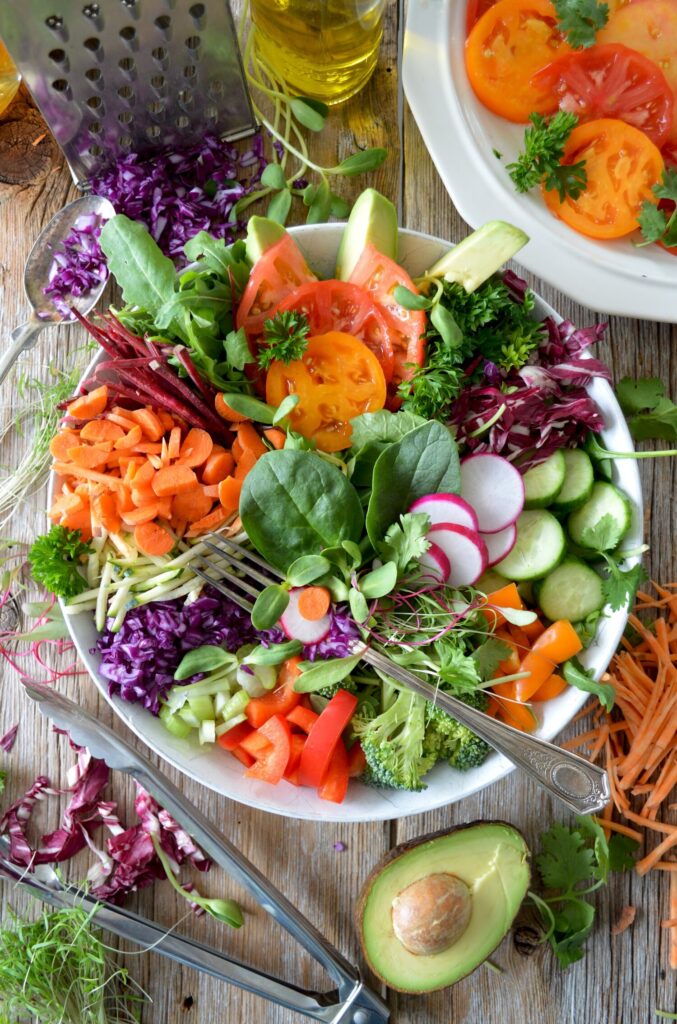Eating is an essential process many differentiated organisms must partake in in order to survive. For humans, eating has evolved from a necessary survival instinct to something to take pleasure in and enjoy in social settings. It has become so centrally integrated into our societies, that many social, work, personal and religious functions revolve around meals. Similarly, much of our day revolves around planning, thinking about, setting up for, and inevitably cleaning up after the proverbial meal. Many people today depend on a fixed eating schedule, and are using food as a distraction from the rest of the monotony of the day. Others still are obsessed with longevity and proper intake of the healthiest diet, suffering in turn from various degrees of orthorexia. In fact, I daresay this vital function has become not just a nourishing habit, but a source of anguish and anxiety for much of the developed countries in the world. How, then, can we eat to live, and not live to eat?
The simple act of eating really does touch on many psychological, genetic and social ideas and traditions. It’s difficult to differentiate and dissect all of them to figure out the “proper” relationship one “should” have with food. Why do some people gain more weight than others when eating the exact same foods? Why is much of the developed world in danger of obesity? Why is there also an epidemic of an opposite, extreme compulsion about calories that results in anorexia and bulimia? Why do so many diet theories and dogmas exist? Which way of eating is the best? Which diet is healthy? On an individual level? On an environmental and ecological level? All of these questions highlight just how complex the concept of eating has become. I wish I had exact answers for each of them, but I don’t think anyone can definitively claim to. What I can do, instead, is to share what I do know from my background and experience in science and integrative nutrition.






